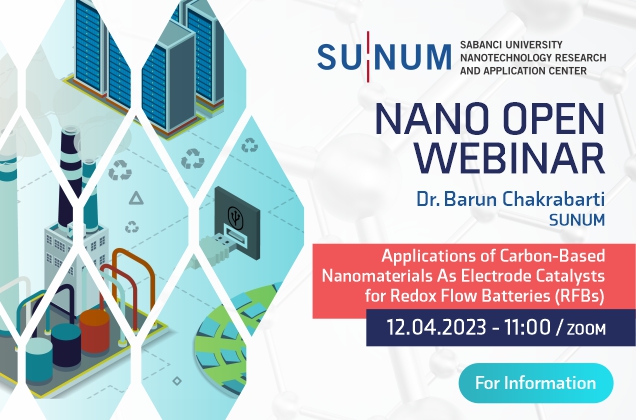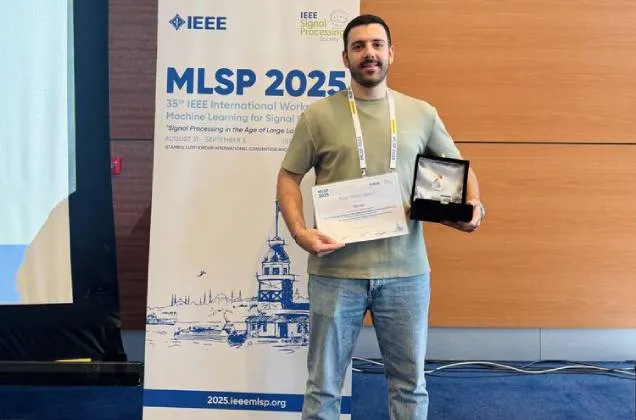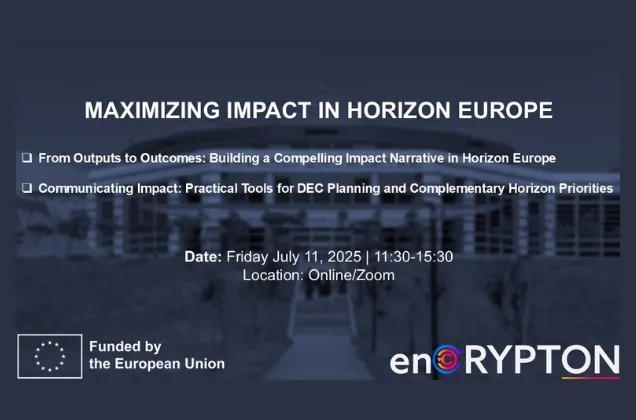11/04/2023
Organized by Sabancı University Nanotechnology Research and Application Center (SUNUM), the Nano Open Webinars continue with a webinar entitled “Applications of carbon-based nanomaterials as electrode catalysts for redox flow batteries (RFBs)” that will be delivered by Dr. Barun Chakrabarti, one of new researcher of the SUNUM Family, at 11:00 on Wednesday, April 12, 2023.

Nowadays, redox flow batteries are one of the most promising solutions for large-scale energy storage systems due to such advantages, as long lifetime, safety, the ability of deep discharge, and flexibility of energy and power ratings. These features follow from the structure and operation of such batteries. Evaluating carbon-based nanomaterials as catalyst materials in these energy storage systems is an important research area. The evaluation of carbon-based nanomaterials as catalyst materials in these energy storage systems is an important research area.
To register for the Nano Open Webinar that will take place on April 12, 2023 at 11:00 am on Zoom: http://otolab.sabanciuniv.edu/SUNUMActivityRegistrationForm
The webinar will be held in English.
About Dr Barun K. Chakrabarti
Dr Barun K. Chakrabarti has recently joined SUNUM since March 2023. His last role was as a Postdoctoral Research Fellow in WMG at the University of Warwick. He completed his MEng in Chemical Engineering at Imperial College London and a PhD on Regenerative Fuel Cells at the University of Manchester, UK. Then, he worked on biodiesel development activities for a major US oilseeds processing company in Liverpool for 1 year. After completing his industrial experience, he became an Assistant Professor in NED University in Pakistan and performed biodiesel research and development. After 5 years in Pakistan, he moved on to the University of Malaya (Malaysia) in 2010 as a Senior Lecturer, where he executed several projects on the evaluation of ionic liquid electrolytes for redox flow battery applications. From 2012 onwards, he returned to Imperial College London as a Postdoctoral Research Fellow, worked there for 7 years, and moved on to WMG. He has studied a wide range of electrochemical technologies for energy and environmental applications. His current research focuses on hydrogen-based redox flow batteries, electrospinning, electrochemical regeneration of lithium-ion battery cathodic materials, and electrophoretic deposition of nanomaterials including graphene. He has over 60 journal publications including a few in the American Chemical Society and one in Nature Communications.




